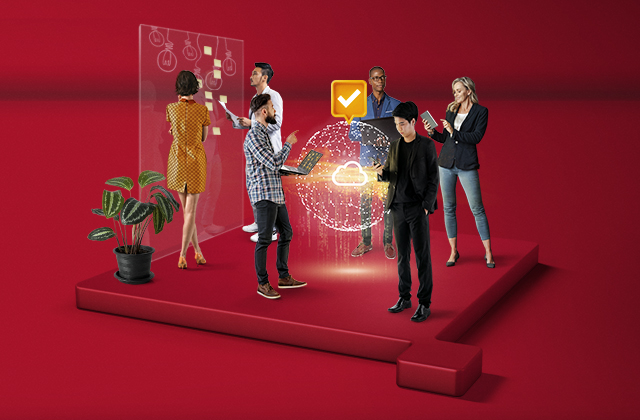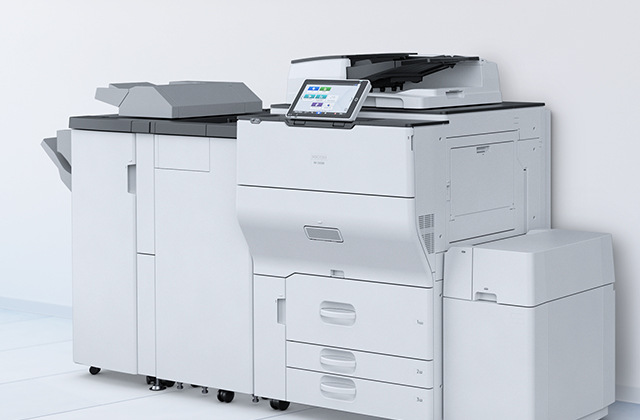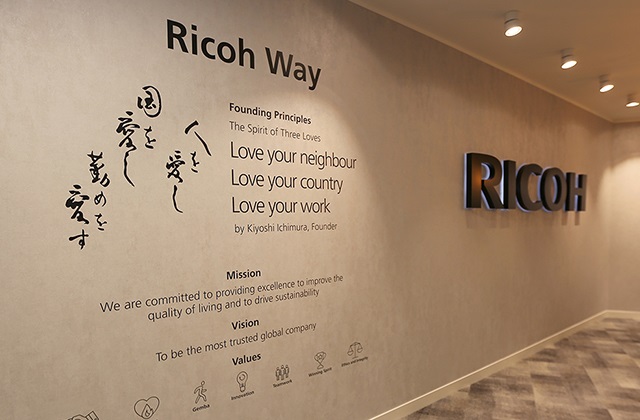Eighty per cent of employees want change – and they’re willing to pay for it
Workers increasingly expect their employers to help them adapt to changing work practices wrought by the rapid innovation of new technologies, such as artificial intelligence (AI) and robotics, as well as sustainability and enhanced collaboration.
New research from Ricoh Europe finds that 61% of European workers want the benefits of automation and new technologies.
“People are confident they have the right skills for their careers but four out of five say they want their employers to provide the training and tools to help them adapt to new practices,” says Jacques van Wyk, CEO of Ricoh SA.
The Future of Work report was produced by Arup based on a poll of 3 000 European workers conducted by Opinium Research, accumulating answers from 500 respondents in six countries.
Innovative digitalisation is sweeping through many industries, sectors and markets and automation and mobility are key benefits. These capabilities have led some pundits to claim it signals the end of the physical office.
“Only 28% of respondents said that they think offices would disappear in the next decade,” says van Wyk. “People clearly want and need the physical spaces to collaborate and conduct their business but what did emerge is that they want much more flexibility. Three-quarters of people want flexible working hours written into their contracts.”
The research shows that employees are willing to take a pay cut for what was once a privilege but is slowly becoming standard fare. One-third would accept 10% less pay.
“People want flexibility and collaboration,” says van Wyk. “They want to break with tradition but in ways that make sense given the challenges we face in doing business today. Rush hour traffic can eat up time unnecessarily. People have responsibilities that reach beyond work, commitments we must as workers as well as spouses, parents and more. Juggling these responsibilities is a priority for many just as they prioritise their work and, by signalling our intent to understand where they are coming from, as employers we can ensure that we give them the best opportunity to do the great work we all want.”
Creating these new environments to support people’s goals can empower, motivate and help to retain talent, says van Wyk.
“Employees at our global head office, for example, often change roles in the business for a period. It’s proven to develop skills, broaden expertise and promote a culture of understanding that ultimately improves worker satisfaction and customer experiences,” he says. “It’s a small change but it has a huge impact. People want more forward thinking employers prepared to embrace non-traditional models such as the four-day work week concept.”
The Future of Work report analyses more than 100 sources to combine best-in-class thinking and use cases on how work will shape employment in future. It finds that technology will fuel new modes of collaboration between humans, between humans and machines, and between machines.
|About Ricoh|
Ricoh is empowering digital workplaces using innovative technologies and services enabling individuals to work smarter. For more than 80 years, Ricoh has been driving innovation and is a leading provider of document management solutions, IT services, commercial and industrial printing, digital cameras, and industrial systems. Headquartered in Tokyo, Ricoh Group operates in approximately 200 countries and regions. In the financial year ended March 2017, Ricoh Group had worldwide sales of 2,028 billion yen (approx. 18.2 billion USD).
For further press information, please contact:Simone John, Ricoh SA
Contact details: (011) 723-5000, simone.john@ricoh.co.za
For further information, please visit www.ricoh.co.za, www.ricoh-europe.com
Join us on Facebook: https://www.facebook.com/RicohSouthAfrica/
Follow us on Twitter: https://twitter.com/Ricoh_SA
Follow us on LinkedIn: https://www.linkedin.com/company/ricoh-south-africa/












